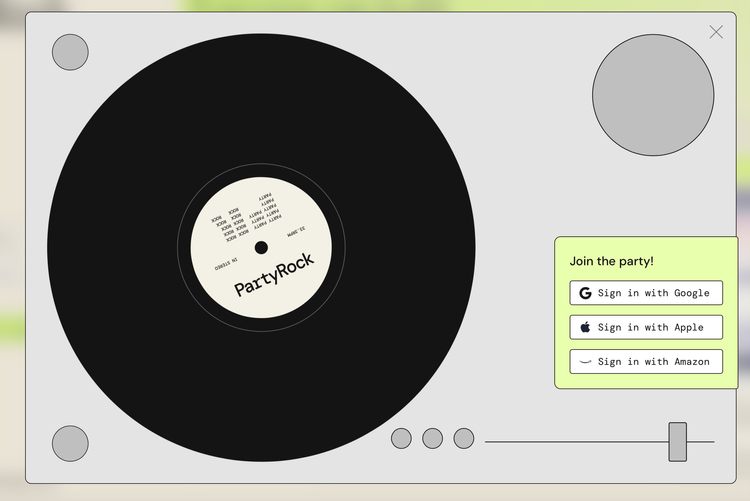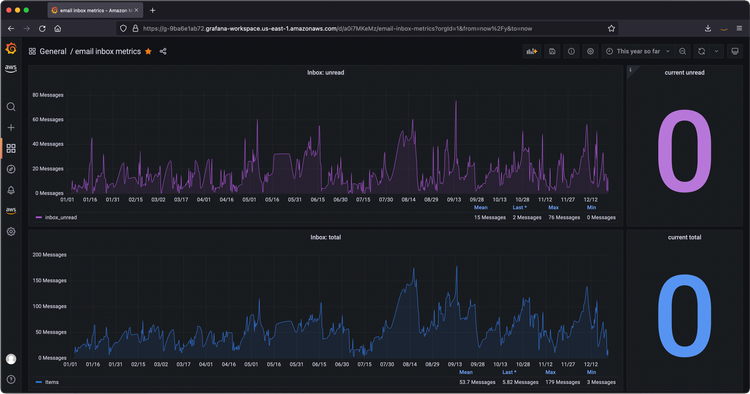Working in Tech Without a Degree

Unlike these panda bears…
I don't have a degree
There, I said it.
This is something I have mostly kept to myself throughout my career, and a chip on my shoulder I carried most of my adult life.
I recently shared my experiences working without a degree with Lucy Wang on her YouTube channel, Tech With Lucy (https://www.youtube.com/c/TechwithLucy).
After graduating high school in San Diego, I got a job in the food services (vending) department at SeaWorld. I started out climbing stairs in the stadiums to sell food to guests before the start of the show. After one year, I landed a job in the entertainment department working on audio, video, and lighting, an area I have always been passionate about.
During downtime between shows, I learned how to program lights to timecode and how to be a better audio/video operator. I quickly moved to Hollywood to pursue an internship in a visual effects studio.
From there, I went on to work at Pixel Magic FX where I learned from mentors like Roy Erickson, Victor DiMichina, and Raymond McIntyre Jr.. When I asked how to move files to the playback system in the screening room, I’ll never forget being told, “oh, just open up the shell and run the command to transfer frames from the main server to the playback system!” Until that point, I didn’t even know how to launch the terminal or knew what a shell command was!
Pixel Magic FX is where I first really learned to be comfortable being uncomfortable. This resulted in learning CLI and shell scripting, Linux, Irix, Solaris, and learning more about Windows and MacOS.
One of my first tasks was to deploy software to a new batch of new workstations that arrived. I optimized the process of installing each application using the CD-ROM drive, but figured there must be a better way. After doing some research, I learned about Carbon Copy Cloner (CCC). To scale further, I took classes at Apple to learn about mass deployment and workstation management lead by Dave Douglas. After this 1-week class, I was able to deploy either an artist workstation or render node in less than 5 minutes without disrupting any user data. If there was an issue with a workstation that took longer than 5 minutes to solve, it was often easier to reimage than spend time troubleshooting. This work also enabled us to pass the most challenging security audits performed by studios.
Dave and I stayed in touch and he introduced me to Technicolor, where I spent nearly 10 years deploying and managing infrastructure globally supporting feature film and episodic TV post-production. I learned a lot of networking and contract negotiation from Jack Wenzinger. I’ll never forget him telling me to use a L2 VLAN so I could add my own routes. I didn’t know what L2 was, or what a VLAN was until after that meeting.
While at Technicolor, I took a statistics class at UCLA so I could become more efficient at storage and compute capacity utilization reporting and forecasting. This was the first time I ever received an “A” in math, and I think it’s because I not only cared about doing well but because I saw how the knowledge directly impacted my career.
I was asked questions about how I would approach and solve problems. If I didn’t know the answer, I would be honest and discuss “I’ve never run into this, but this is how I would approach it.”
A degree is not required to work in tech. As long as you can exhibit the skills and continue to learn, it doesn’t matter where the knowledge came from. Could be college, reading books/blogs, learning at a job, etc…
I also attribute a lot of my success to my insatiable hunger for knowledge and refusal to accept things as they are. I always strive to understand “why” and love learning how things work.
So much of what I do has been learned on the job and the wealth of information available online. I have been lucky enough to have great mentors and teammates that were open to sharing information and how Amazon/AWS and the industry works.
There are many resources available to learn AWS, ranging from AWS self-paced labs, AWS Training and Certification, and third-parties like A Cloud Guru. Communities like Reddit r/aws are helpful and look for content on YouTube from Tech with Lucy and others.
If you want to get into tech without a degree or come from a field outside of tech, I encourage you to not worry about it! Continue to learn the skills needed for the job you’re interested in, and reach out to people already in that job or a related job for more information about where to spend your time.
Many thanks to my mentors and those who helped me along the way!

